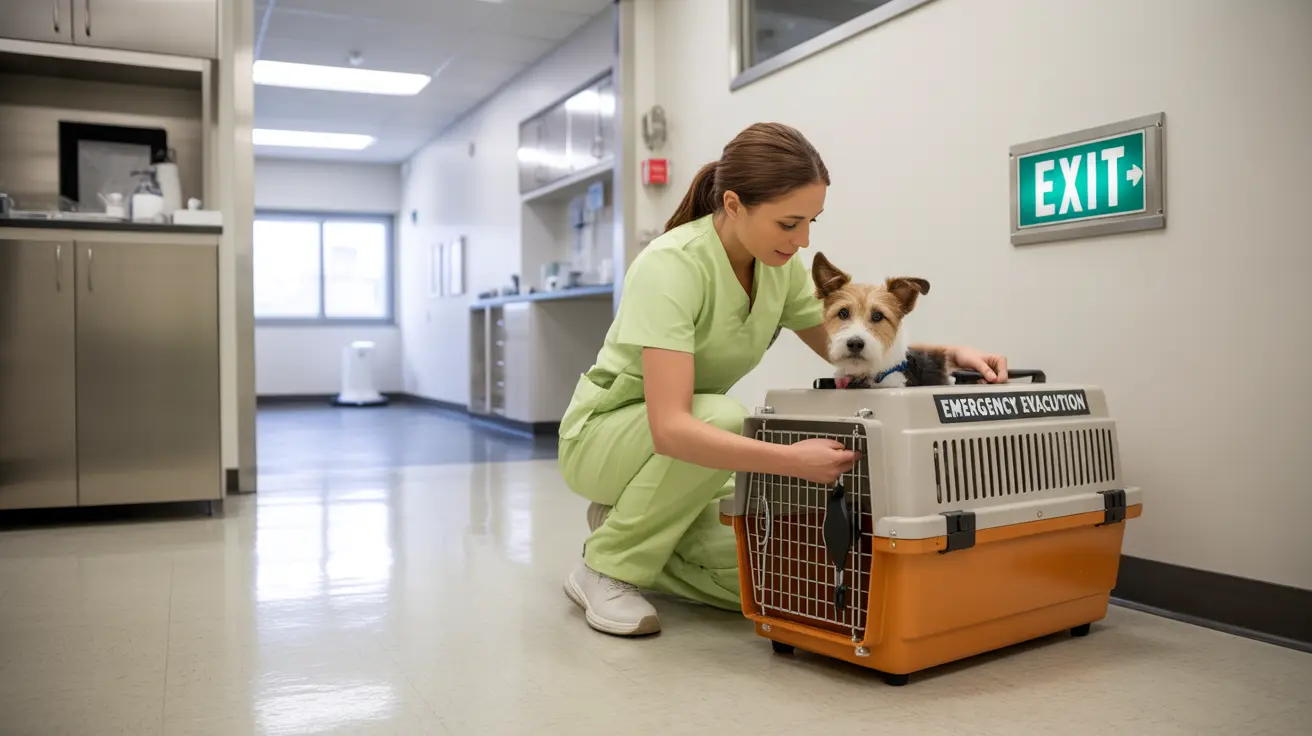What Makes a Good Therapy Cat Candidate?
Not every cat is suited for therapy work. The ideal therapy cat candidate should possess specific temperament traits and health qualifications:
Temperament Requirements
- Friendly and sociable with strangers
- Calm in new environments
- Tolerant of handling and petting
- Patient with children and elderly individuals
- Comfortable with medical equipment and unfamiliar sounds
Health Prerequisites
- Current vaccinations
- Regular veterinary check-ups
- Negative fecal tests
- Good grooming habits
- No raw food diet
The Certification Process
While there's no government-mandated certification for therapy cats, several reputable organizations offer structured programs. Here's what the process typically involves:
Initial Steps
- Research certification organizations
- Complete health screenings
- Submit application materials
- Pass temperament evaluation
- Complete handler training
Advanced Requirements
- Supervised facility visits
- Documentation of successful interactions
- Regular recertification (usually every 2 years)
- Ongoing health monitoring
Leading Certification Organizations
Several established organizations provide therapy cat certification programs:
- Pet Partners
- TICA Therapy Cats Program
- PAWS of CNY
- Local therapy animal organizations
Benefits of Certified Therapy Cats
Certified therapy cats can make a significant impact in various settings:
- Reduce stress and anxiety in patients
- Lower blood pressure in hospital settings
- Improve social interaction among elderly residents
- Support children's reading programs
- Aid in physical therapy sessions
Frequently Asked Questions
How do I get my cat certified as a therapy cat and what are the main steps involved?
To certify your cat as a therapy cat, start by evaluating their temperament and ensuring they meet health requirements. Then, choose a certification organization, complete their application process, pass temperament evaluations, and complete any required handler training. The process typically takes several weeks to months.
What temperament and health criteria must a cat meet to qualify for therapy cat certification?
Cats must be friendly, calm, and comfortable with strangers. They need current vaccinations, regular vet check-ups, and negative health screenings. They should enjoy being handled and remain calm in various environments with different noises and equipment.
How do therapy cats differ from emotional support and service cats in terms of certification and legal access?
Therapy cats provide comfort to multiple people in institutional settings, while service cats assist one individual with a disability, and emotional support cats help their owners with mental health conditions. Unlike service animals, therapy cats don't have protected public access rights under the ADA.
Which organizations provide therapy cat certification and how do their requirements vary?
Major organizations include Pet Partners, TICA Therapy Cats Program, and PAWS of CNY. Requirements vary but typically include health screenings, temperament evaluations, handler training, and supervised visits. Some organizations have different certification levels based on experience.
What benefits can certified therapy cats provide to people in hospitals, schools, or nursing homes?
Certified therapy cats can help reduce anxiety and stress, lower blood pressure, improve social interaction, and support emotional well-being. In schools, they can help with reading programs, while in medical settings, they provide comfort during recovery and rehabilitation.
Conclusion
Therapy cat certification is a rewarding journey that allows cats and their handlers to make a meaningful difference in people's lives. While the process requires dedication and patience, the benefits to both the therapy team and those they serve make it a worthwhile endeavor.
If you're considering certifying your cat for therapy work, start by honestly evaluating their temperament and researching certification organizations in your area. With the right preparation and commitment, you and your feline companion can join the growing community of therapy cat teams making a positive impact in healthcare, educational, and social service settings.






